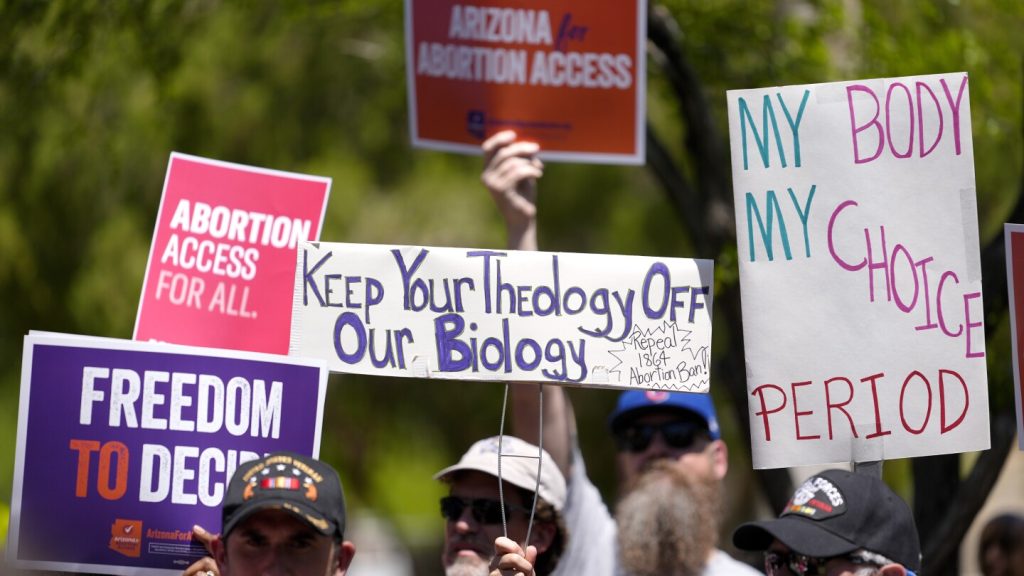In Columbia, Missouri, a judge ruled that the summary of a ballot question regarding abortion rights provided by Republican Secretary of State Jay Ashcroft was misleading. The judge, Cotton Walker, determined that Ashcroft’s language was unfair, inaccurate, and insufficient in describing the proposed amendment. The new summary written by Walker clarifies that the measure would remove Missouri’s abortion ban, allow restrictions or bans on abortion after fetal viability, and create a constitutional right to make decisions about reproductive health care, including abortion and contraceptives. This ruling by Walker comes amidst a wave of similar ballot measures in at least nine other states including Arizona, Colorado, Florida, Maryland, Montana, Nebraska, Nevada, and South Dakota.
Ballot language is crucial in helping voters understand the implications of their vote on complex issues like the one at hand. Ashcroft’s original description of the amendment suggested that a “yes” vote would enshrine the right to abortion at any time during a pregnancy and prevent any regulations on abortion, including protections for women undergoing the procedure. While Ashcroft’s office is reviewing the judge’s decision, spokesperson JoDonn Chaney reiterated Ashcroft’s commitment to standing for life and ensuring that the people of Missouri are informed with accurate information about the amendment. The amendment itself guarantees the right to reproductive freedom without government interference, including decisions related to prenatal care, childbirth, postpartum care, birth control, abortion care, and more.
Assistant Attorney General Andrew Crane defended Ashcroft’s summary in court, highlighting a provision in the amendment that would protect individuals from prosecution or penalties for assisting someone exercising their right to reproductive freedom. Crane argued that this provision would render any abortion regulations ineffective. Supporters of the amendment, including Rachel Sweet, the campaign manager for Missourians for Constitutional Freedom, celebrated Walker’s decision, stating that it confirms the overwhelming support for reproductive freedom among Missourians. The ruling brings them closer to having the chance to vote on Amendment 3 based on factual information.
The clash over the ballot language is not the first between Ashcroft and the abortion-rights campaign. In 2023, the campaign also sued over the description of the amendment in a ballot summary, which was ultimately rewritten by a three-judge panel of the Western District Court of Appeals. The current legal dispute centers on whether Ashcroft’s language is misleading and whether lawmakers would still have the ability to regulate abortions after viability. Plaintiff lawyers argue that Missourians deserve fair, accurate, and sufficient language to make an informed decision on the amendment without being subject to the Secretary of State’s alleged disinformation. Walker’s revised ballot language is largely based on the Court of Appeals’ rewritten summary, providing voters with a more neutral and accurate representation of the proposed amendment.


